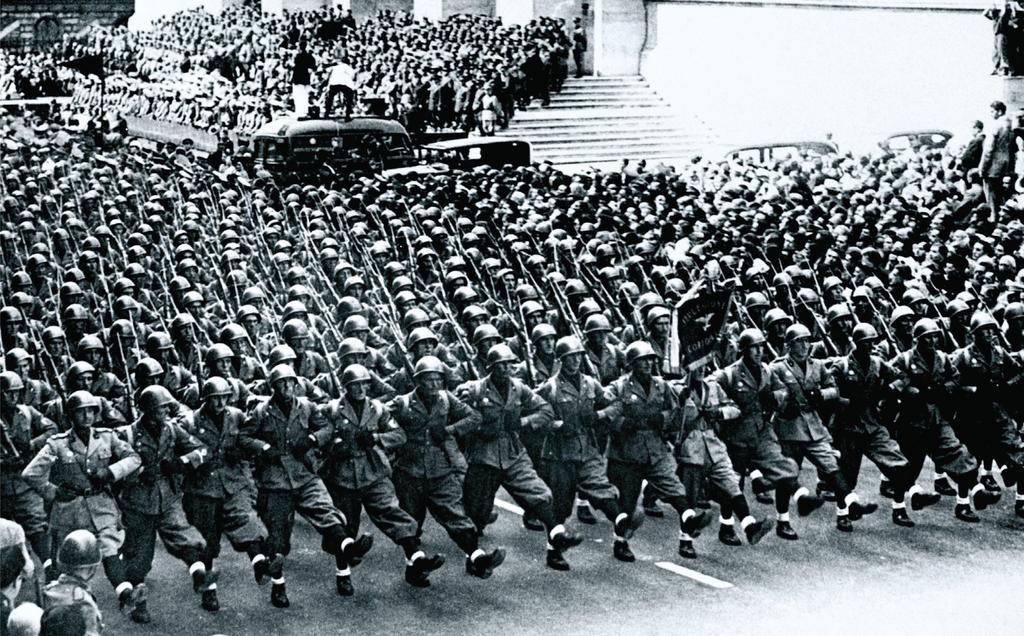MUSSOLINI RISE OF FASCISM



In the build-up to WWI, Italy had an uncertain place among the great states of Europe. “Italy was a rather idiosyncratic power,” says Professor Richard Bosworth. “In my first book I called it the ‘least of the great powers’, which gives some sense of the country’s ambiguous position. The Italians were technically allied to the Germans and Austrians in the Triple Alliance. However, Austria-Hungary ruled over Italian-speaking people around Trieste and the Trentino up towards the Brenner Pass. That meant it was always imaginable that if there was a conflict then Italy’s place in the Triple Alliance would break down.”
Before 1914, Italy was an ambitious nation but it was economically weak and socially divided. “It also had quite friendly relations with Britain and France but was a power that was showing signs of being on the make,” says Bosworth. “In September-October 1911 it had attacked Ottoman-ruled Libya without a declaration of war and seized it to expand its empire, with much emphasis on how Ancient Rome had once ruled that area.
“However, Italy was a very fragile country. It didn’t have energy resources such as coal, was always dependent on imports and had the weakest economy of the other five great European powers. As a society, the Italians were only very partially nationalised. If you tried to assess most of their identities, it mostly depended on family and locality rather than as a nation. It was a heavily peasant country with considerable portions of the population being illiterate, particularly the further south you went. For these many reasons, Italy was quite an ambiguous great power, with Benito Mussolini later describing in a football metaphor whether the country was bottom of the first division or in danger of relegation.”
In 1914, Mussolini was a fervent young socialist who worked as a strident journalist. “He was then the editor of the Socialist Party’s main newspaper Avanti! (‘Forward!’) where he tended to be on the radical, revolutionary side of the socialist movement,” says Bosworth. “In June 1914 there was a series of anarcho-socialist uprisings in Italian towns and Mussolini editorially enthused about these matters. He said in a famous phrase that Italy was ‘quite ready for revolution’.”
In the wake of Archduke Franz Ferdinand’s assassination in Sarajevo, Mussolini was largely distracted by internal Italian politics but gradually developed a sense of the impending war. “During the July Crisis, he was still talking about these uprisings but did notice the assassination.. He was critical of German militarism and wrote an article where he was appalled by the Germans’ alleged brutality as they moved into Brussels. He was also very critical of Russia as a reactionary country that you wouldn’t want to get too close to. These early war articles are a little contradictory or embarrassed by the difficulty of trying to work out what the war might mean for a revolutionary socialist like him.”
You’re reading a preview, subscribe to read more.
Start your free 30 days





